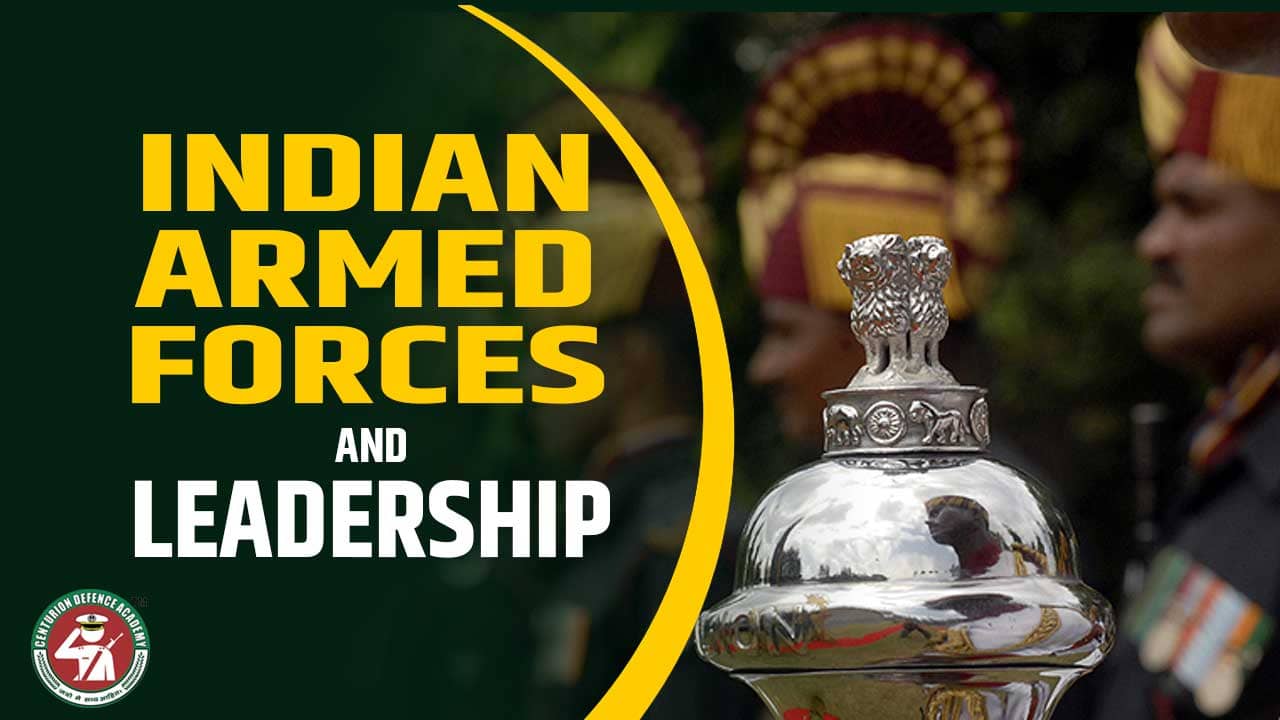
INDIAN ARMED FORCES AND LEADERSHIP
1- Leadership in Indian Armed forces is the process of leading from front along with influencing others to accomplish the mission by providing purpose, direction, and motivation and selfless service . The self less service is putting the needs and goals of the nation, the military, your unit and your soldier ahead of your personal needs and interest.
2- The most fundamental and important organizational technique used by military is the chain of command. The Indian Armed Forces has hierarchical organization structure. In any base or a unit every section is under respective Section In-charge. Here, Commanding authority is the authority a person in the military service lawfully exercises over subordinates by virtue of his rank and assignment or position.
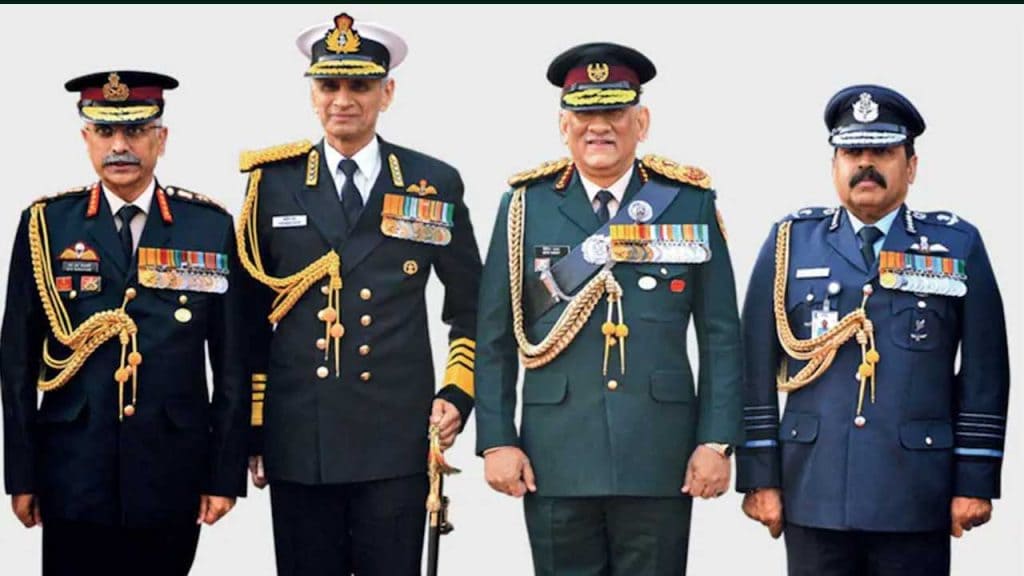
3- What makes good leaders?
i) Lead by example
Effective leaders are able to motivate their co-workers and guide their organizations to success by being the first to face and accept the changes in the workplace, no matter how big or small they seem.
ii) Welcome failure
Failure is a crucial stepping-stone toward success. Not every decision you make will result in a positive outcome. It is important that as a leader, you can both acknowledge and accept this early on. The key to growing from a good leader into a great one is learning how to appreciate that failure can also often lead to bigger achievements when it’s embraced rather than hidden from.
iii) Put your people first
Most effective leaders know the benefit of approaching their work from a people-centric perspective. By taking the time to know your team and understand their individual work styles, goals, and personalities, you will not only develop better strategies for management, but will also create an environment in which your team feels heard, respected and cared for.
iv) Be decisive
Being decisive means having the capacity to make decisions in an efficient manner in order to achieve a result. Each situation you will be faced with as a leader has a number of potential solutions, and when it comes time to make a final decision, you should be confident in your ability to guide the team toward the proper outcome.
Effective leaders also do not hesitate when it comes time to act or make these impactful decisions. They have the ability to inspire a shared vision among colleagues and stay focusssed to that vision even when faced with difficult circumstances.
v) Know when to delegate
As an effective leader, it is important to know when to delegate tasks and when to complete them yourself. Assigning responsibilities in this way will allow you to decrease your workload, which helps you to focus on the most crucial tasks you need to complete.
vi) Respect Your Co-workers’ Opinions
Your co-workers may approach a situation from a different perspective or background, so it’s important to always remain respectful of their opinions and to try to see things from their various points of view. Effective leaders can accomplish this by encouraging feedback among colleagues and keeping lines of communication open within their team.
vii ) Practice Effective Communication
Communication is a key aspect of effective leadership. It not only help you stay updated and aware of your team’s needs but can also promote cordial relation between employees themselves.
viii ) Explore Further Leadership Development Opportunities
Those looking to adopt new strategies and to become an effective leader should also consider continuing their education and learn.
ix) Integrity
A person with integrity lives the life based on principles, values and honesty. As leader the person should follow what is correct as per rules no matter who’s watching. This is most important trait of military leader.
x) Self awareness
It is the crucial step towards effective leadership. As a leader it becomes very important to recognize ones and team’s strengths and vulnerabilities. Self awareness helps the leaders to find out the impact they have created and they want on their team members.
4- Thus, the Indian Armed Forces officer does best possible as the leader in accomplishment of the unit’s mission and the welfare of the soldiers. The chain of command comprises of officers, the military leaders who have direct authority and primary responsibility for accomplishing the assigned unit mission while caring for personnel and property in their charge.
By,
Maj Nasreen Fatima
(Sqn Ldr Retd.) Ex. NDA Instructor, IO
Academic Head CEPL
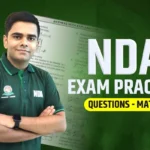
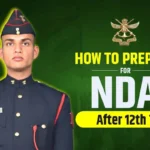
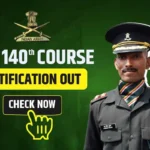
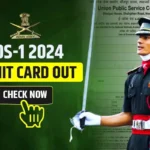





Leave Comment